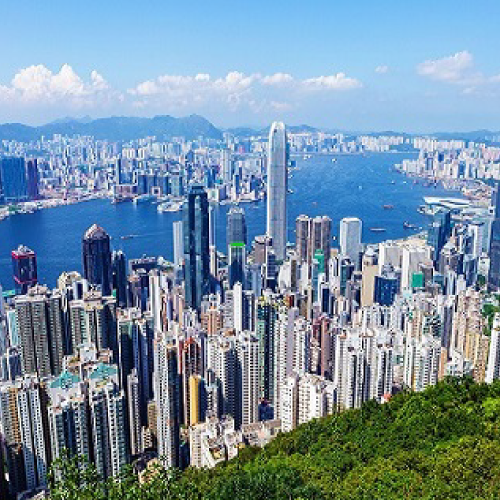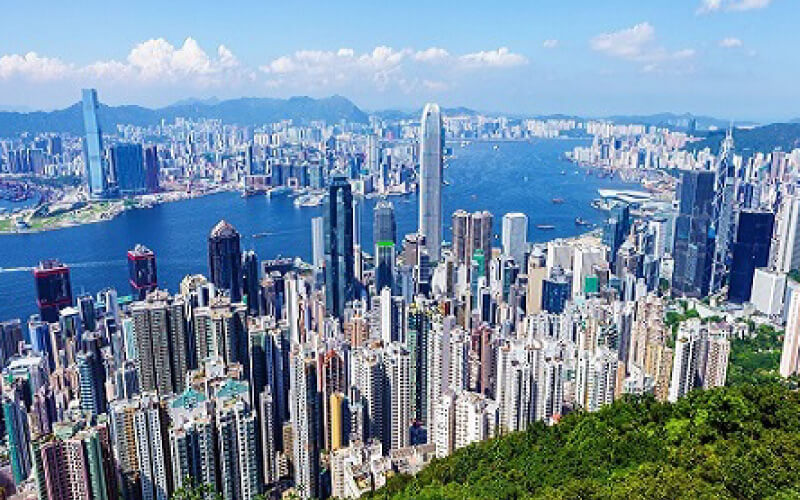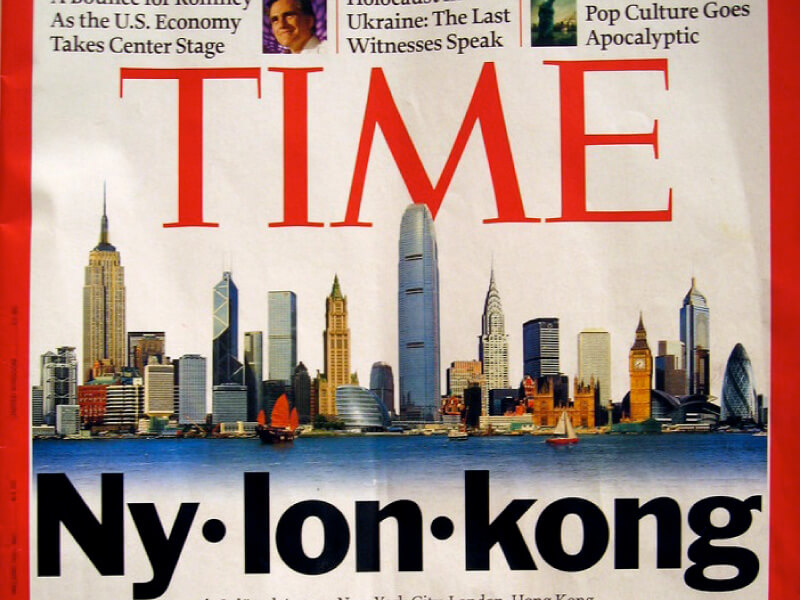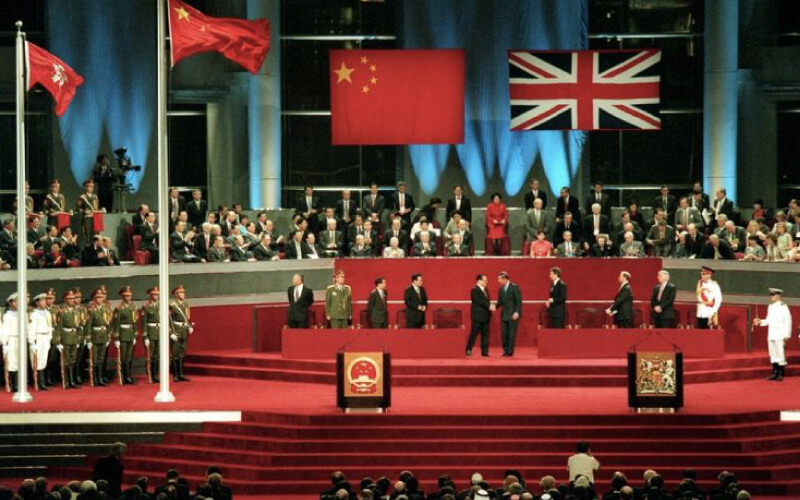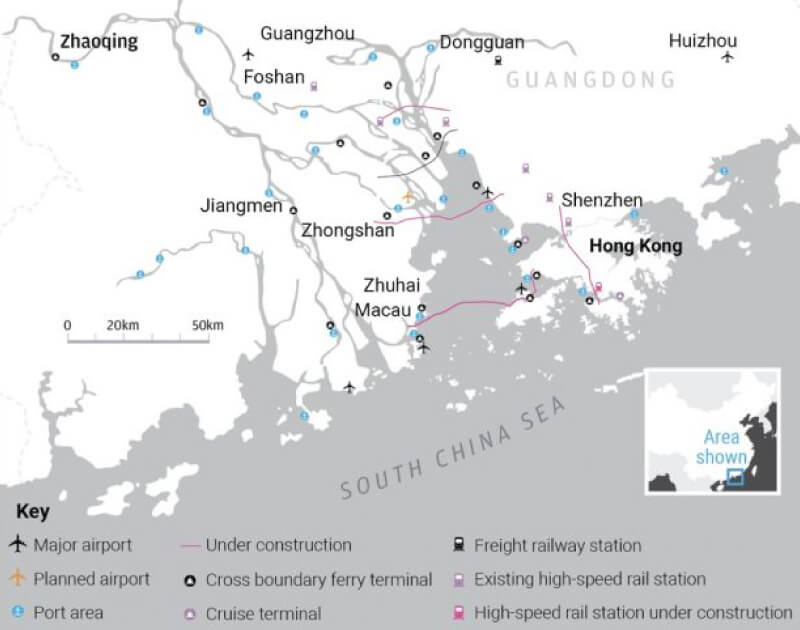As a time zone headquarters, Hong Kong is a place that people prefer to live, travel, and work in. Its connectivity and openness mean that money, people, goods, and information flow freely to other global cities all around the world.
Hong Kong has always relied on these advantages to thrive in the global economy – being able to provide the breadth, depth, and quality of services has been a part of the city’s history for a long time, and it will continue to be for some time yet. What the city needs to do is to realise this competitive advantage and capitalise on our strength. China’s rapid expansion of “hard” infrastructure, through projects like the Belt and Road, are going to need the “soft” expertise and experience in areas like financing, strategy, and management to succeed. Chinese consumers are demanding better healthcare and education. These are just a few examples of where Hong Kong can shine.
What are some of the merits and drawbacks of the historical Anglo-Saxon influence on Hong Kong’s current business and political landscape?
The merits are huge – cultures and institutions that respect the individual, the rule of law, the role of business, and the importance of community and professional institutions. Taken together, these have helped build Hong Kong into a thriving economy where contracts are enforced and upheld, disputes resolved through arbitration and fair courts, and government corruption kept in check by the ICAC. Linguistic and cultural influences have meant that Hong Kong is better able to thrive in the western-centric international economic order.
This has definitely left a hugely beneficial legacy; world-class cities in places like the UK or the US have their roots in Anglo-Saxon influence.
You don’t see too many world-class cities running on the Belgian system, or the Italian system.
The drawback is that there is now a troupe of people who think that the British empire was evil, and that any and all ills in Hong Kong can be blamed on over 150 years of colonial rule. These people don’t recognise the benefits that the system has given us. Why can’t we just trade the good and leave the bad?


